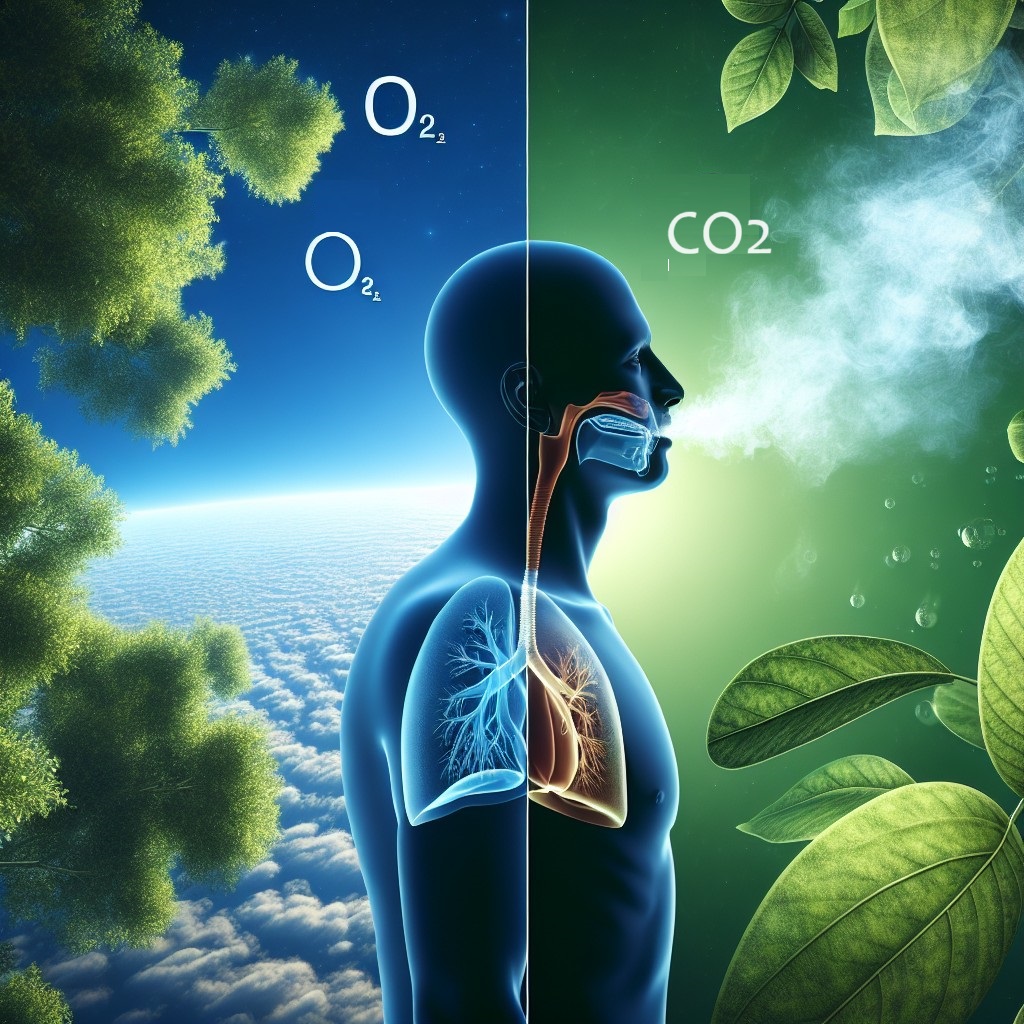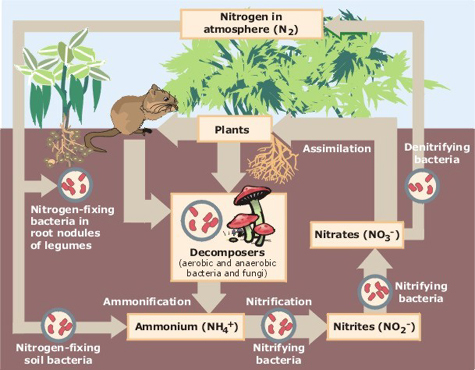Exploring the Fascinating World of Coordination Chemistry: Understanding the Bonding and Properties of Metal Complexes
Coordination chemistry is a branch of chemistry that deals with the study of compounds formed between metal ions and other molecules or ions, known as ligands. These compounds are called metal complexes and they play a crucial role in various fields such as catalysis, materials science, bioinorganic chemistry, and medicine. The history of coordination chemistry […]










